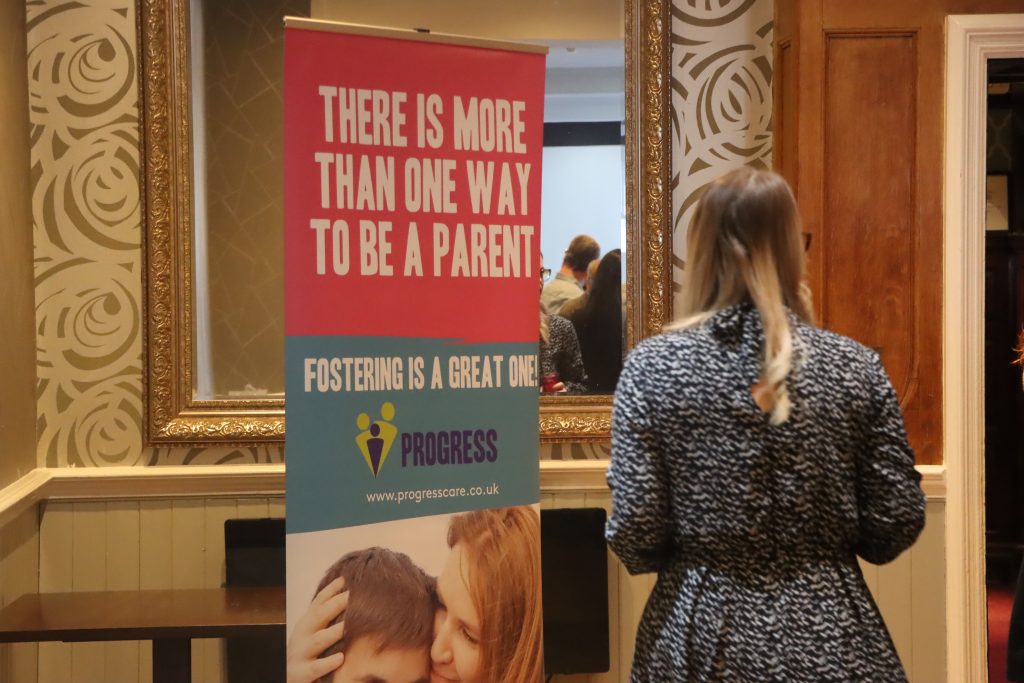Why Children with Special Educational Needs and Disabilities Need Foster Families – and How Progress is Bridging the Gap
At Progress Fostering Service, there is a growing concern that reflects a national challenge: young children with Special Educational Needs and Disabilities (SEND) are entering residential care, not necessarily because it’s the best setting for them, but because there simply aren’t enough specialist foster carers available.
“Some of the young people we have would be well suited to fostering placements,” says Joshua Bell, Manager at Hilton, one of Progress’ residential services. “But the situation at the moment is there’s quite a shortage of available foster placements.”
SEND encompasses a wide spectrum. It includes learning difficulties, communication needs, and behavioural challenges. But as Josh notes, it’s not always about a diagnosed disability. “It can also be about life experience—trauma or other challenges they’ve been through. There can be special provisions needed around those experiences too.”
The challenge is multifaceted. On one hand, residential services like Progress’ Hilton House are doing tremendous work to support children with complex needs. Staff receive regular training, adapt to each new child, and ensure the care package is as individualised as possible. Yet, despite the excellent care, residential settings cannot replace the warmth and consistency of a family home.
“We’ve got children as young as four,” Josh explains. “And although we’re doing everything we can, we know some of them would benefit more from being in a family setting.”
This is where the urgent need for specialist foster carers becomes evident. Progress is calling on people with empathy, energy, and patience to step forward. Contrary to common assumptions, a background in care isn’t essential. In fact, Josh himself entered care work with limited experience. “I came in fresh. I’d done a bit of domiciliary care and some university support work, but I had no idea places like this even existed.”
Over the years, Progress has seen people from education, mental health services, and even those with just personal life experience succeed in supporting children with SEND. What matters most is the willingness to learn and the ability to adapt.
To support a smoother transition from residential care to fostering, Progress is offering a rare opportunity: foster carers can build relationships with children before they move in. “You could do some shifts with them, get to know them, build that bond. That way, the child isn’t going into the unknown,” explains Progress’ Kirsty Somers.
This approach isn’t just innovative—it’s compassionate. It recognises that children with SEND often struggle with change and need time to adjust. Transitioning gradually into a foster home reduces anxiety and sets the stage for a more stable placement.
Still, it’s important to acknowledge that residential services play a crucial role. As Kirsty points out, “Fostering isn’t always the right place for a child. Sometimes a child needs support that can only be offered in a residential setting, and that’s okay.”
But when fostering is the right path, the goal is clear: find carers who can provide not just shelter, but a sense of belonging.
“No two days are the same,” says Josh, reflecting on his journey. “It can be tiring, but it’s always rewarding. You get out what you put in.”
Progress is hoping more people will be inspired to put in their energy, compassion, and time. Because somewhere in a residential service, there’s a child with SEND who’s ready to come home—if only there was one waiting.
Interested in becoming a specialist foster carer with Progress? Learn more at progresscare.co.uk/fostering




